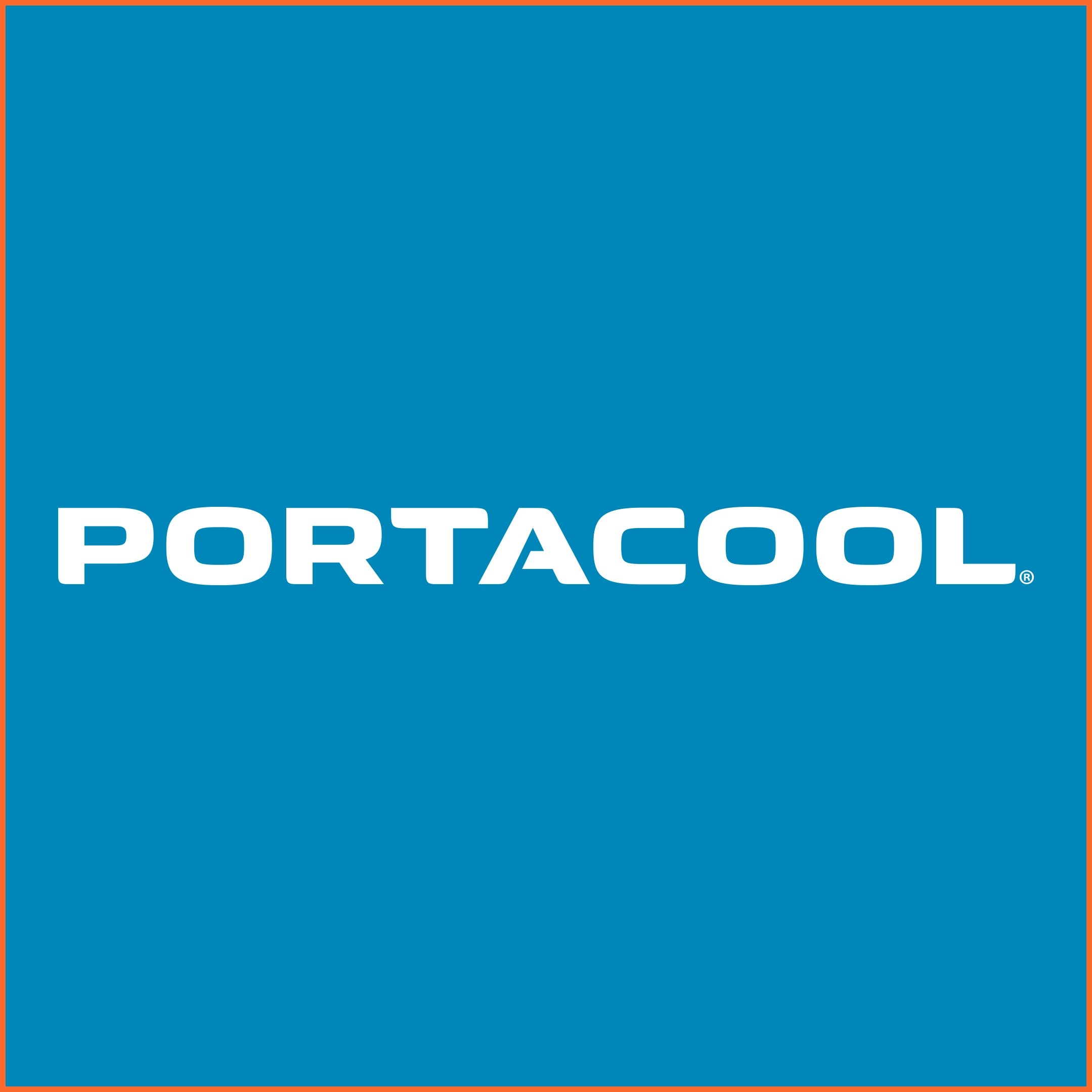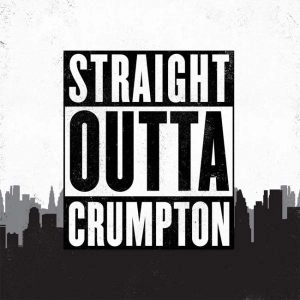For a new Keep Kuul episode, host Michelle Dawn Mooney sat down to talk with Portacool’s National Accounts Manager, Shon Wainscott, and Kuul’s Sales Manager, Cody Weeks, on the current trends within in the HVAC industry and what companies can look forward to Mooney, Wainscott and Weeks talked about their experience at the Expo as well as …
- How cost-effective measures can be implemented to benefit both a company and their staff
- Portacool evaporative coolers and how they function with Kuul’s technology cooling media
- Their perspectives on the current and forthcoming HVAC trends
“From a trend standpoint, I would say sustainability is the one that really jumps out in front for me — whether that be energy consumption, water consumption, or just trying to increase efficiency of the cooling solutions. That’s really the big one that stood out to me this year at AHR,” said Weeks.
Wainscott detailed how he felt cost reduction was a major theme at the Expo. “With respect to trends, what we kind of see, at least on my side, is cost savings … They’re looking to do more with less, or to be able to provide cooling to employees in applications where they really necessarily can’t afford to do a standard HVAC system,” said Wainscott.
He added that the Portacool evaporative cooler doesn’t use much electricity and operates on water, and said companies seeking to save money find advantages in savings and employee morale.
“They can’t afford to do a standard air conditioning cause it’s just money going out the doors. So, that’s really where they look to us, to what solutions can we help provide them — cool air to those employees, keep them cool, keep them safe … keep them productive, and then retention of employees as well. It’s a real challenge nowadays so customers are always asking me, or at least explaining to us what the cost is to continually hire employees. So, we can help keep them a little bit cooler in that work area, we could help them retain that employee, and really cut that cost,” said Wainscott.
Shon Wainscott is the National Accounts Manager at Portacool. He’s been with the company for a decade and is a graduate of Excelsior University.
Cody Weeks is the Sales Manager at Kuul, where he’s been for five years now. He has a background in agriculture and is a graduate of Gadsden State Community College.




